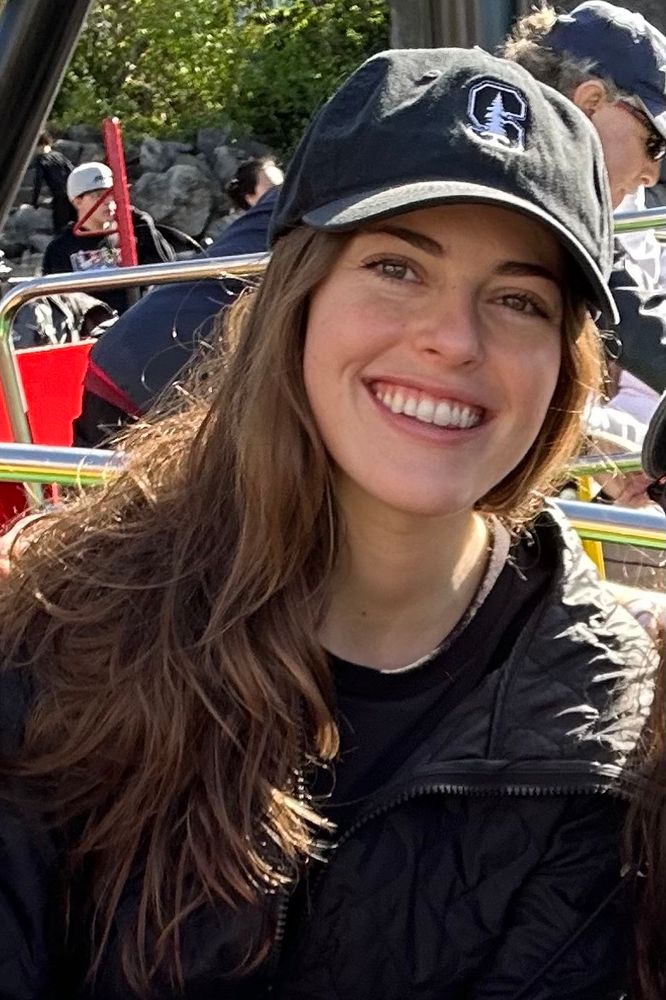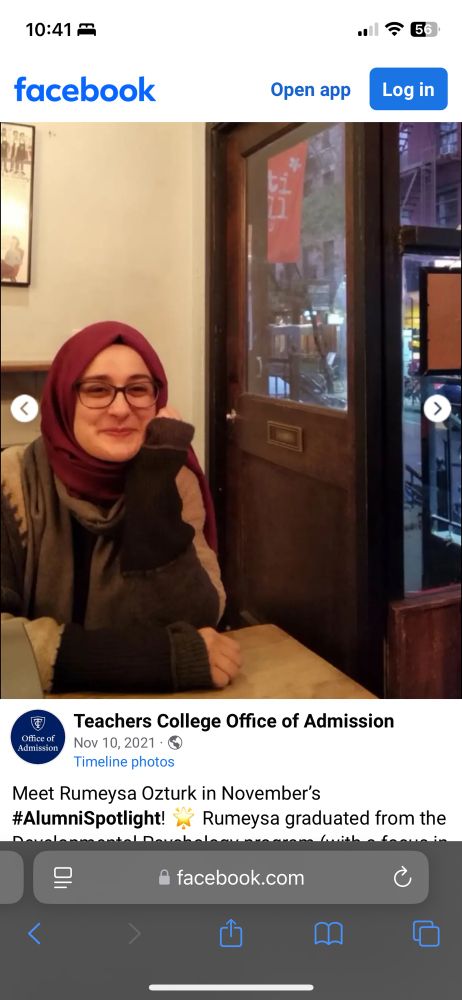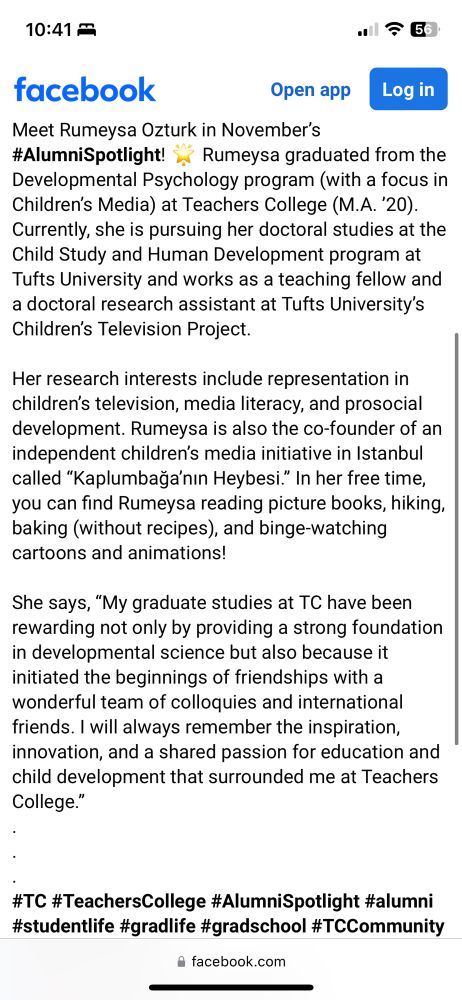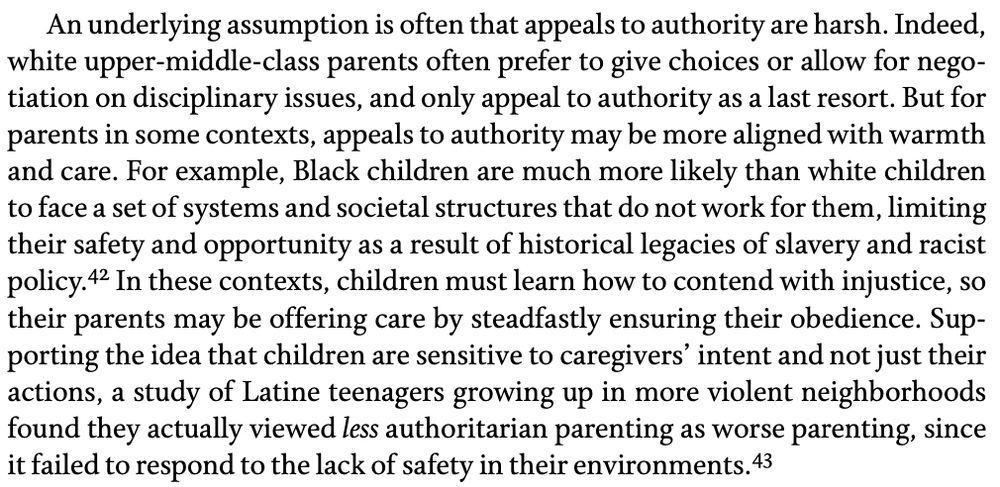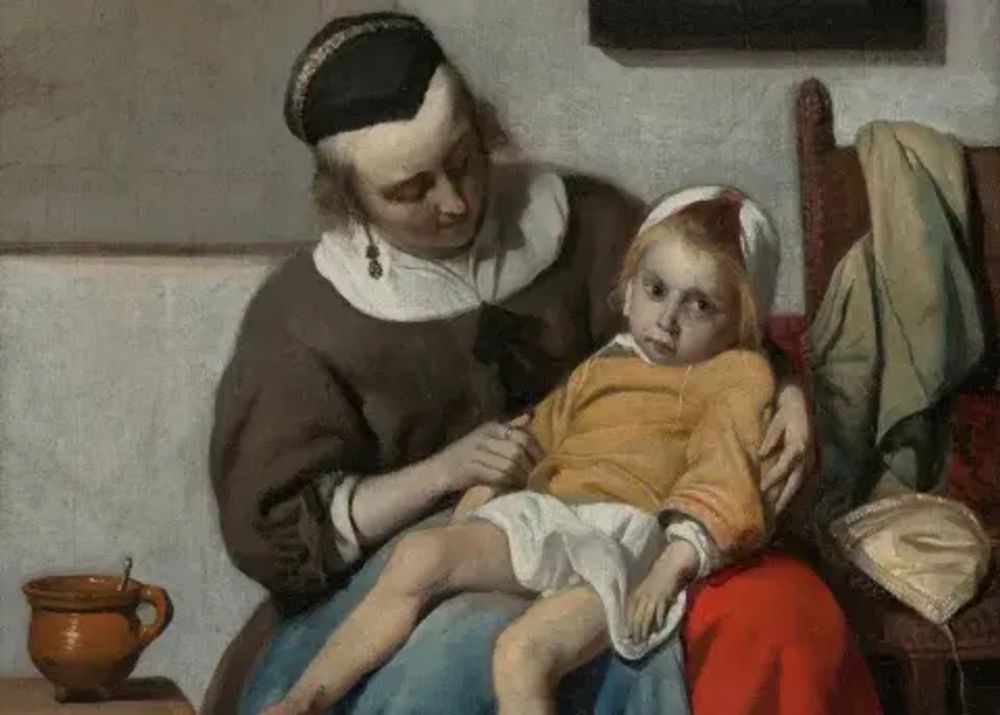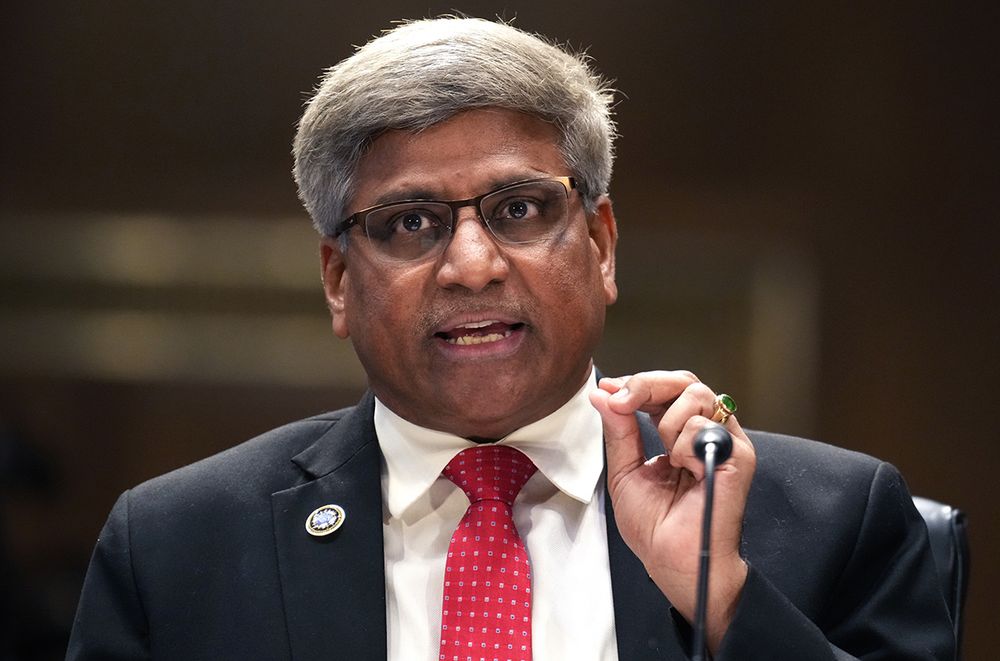Monica Ellwood-Lowe
@mellwoodlowe.bsky.social
1.1K followers
570 following
16 posts
Developmental psychologist. Nerding out about language & brain development, and the reproduction of inequity. Assistant Professor at Stanford GSE
Posts
Media
Videos
Starter Packs
Reposted by Monica Ellwood-Lowe
Reposted by Monica Ellwood-Lowe
Reposted by Monica Ellwood-Lowe
Reposted by Monica Ellwood-Lowe
Tess Forest
@tessforest.bsky.social
· Aug 6
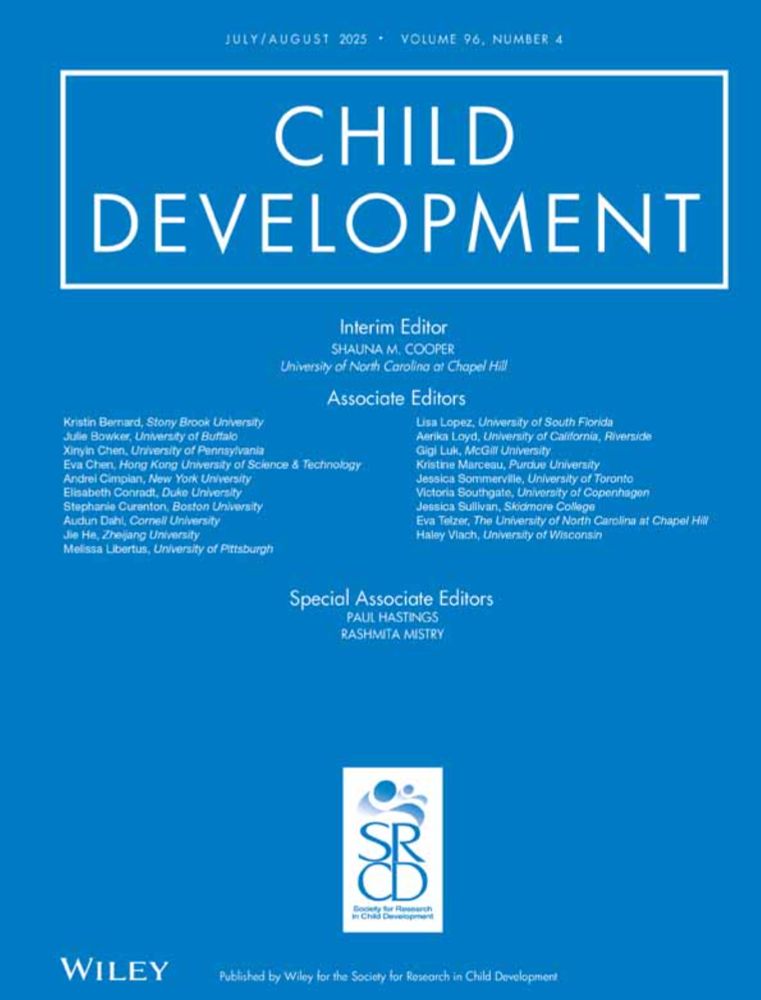
<em>Child Development</em> | SRCD Journal | Wiley Online Library
Cognitive development is associated with how predictable caregivers are, but the mechanisms driving this are unclear. One possibility is caregiver predictability initially shapes how infants gather i...
srcd.onlinelibrary.wiley.com
Reposted by Monica Ellwood-Lowe
Arianna Gard
@arigard.bsky.social
· May 1
Reposted by Monica Ellwood-Lowe
Reposted by Monica Ellwood-Lowe
Reposted by Monica Ellwood-Lowe
Deborah Blum
@deborahb.bsky.social
· Jan 31
Reposted by Monica Ellwood-Lowe
Reposted by Monica Ellwood-Lowe
Betsy Sneller
@betsysneller.bsky.social
· Dec 18
Betsy Sneller
@betsysneller.bsky.social
· Dec 18




